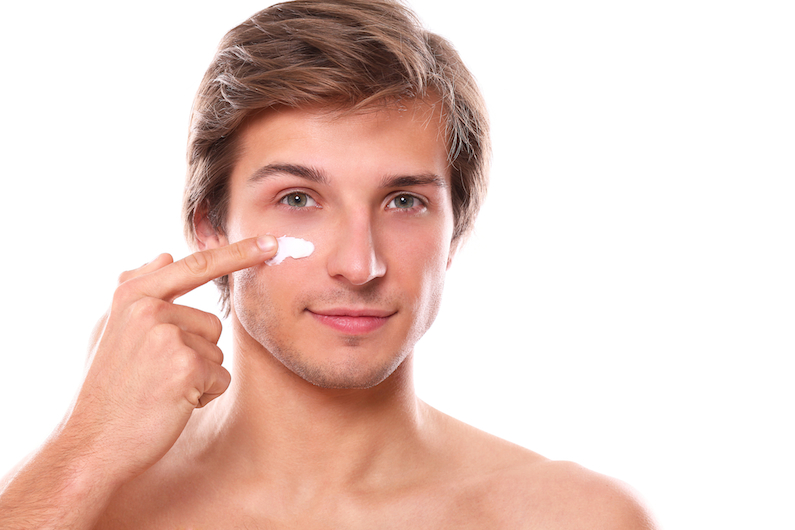Rosacea is a chronic inflammatory skin condition that affects over 16 million Americans. It is characterised by redness, flushing, and visible blood vessels on the face, as well as pimple-like bumps and a burning or stinging sensation. While there is no cure for rosacea, there are many treatments available to help manage symptoms and prevent flare-ups. The most effective treatment options for Rosacea treatment clinic Singapore.Topical medications are often the first line of defence against rosacea. They work by reducing inflammation and redness and can be used alone or in combination with other treatments. Some common topical medications include metronidazole, azelaic acid, and ivermectin. These medications are available in gel, cream, and lotion form and are applied directly to the affected area.
Oral Medications
In more severe cases of rosacea, oral medications may be necessary. Antibiotics, such as doxycycline and minocycline, are often prescribed to reduce inflammation and kill bacteria. Low-dose oral isotretinoin may also be used in some cases. This medication is a derivative of vitamin A and works by reducing inflammation and oil production.
Laser Therapy
Laser therapy is a popular treatment option for rosacea. It works by targeting and destroying visible blood vessels on the face, reducing redness and improving overall skin tone. There are several different types of laser therapy available, including pulsed dye laser, intense pulsed light (IPL), and fractional laser. Laser therapy may be combined with other treatments for optimal results.

Avoid Triggers
In addition to medical treatments, avoiding triggers is also important in managing rosacea. Common triggers include spicy foods, alcohol, hot beverages, extreme temperatures, and sun exposure. Keeping a journal to track symptoms and identifying triggers can be helpful in avoiding future flare-ups.
In conclusion, while rosacea cannot be cured, there are many treatment options available to help manage symptoms and prevent flare-ups. Topical and oral medications, laser therapy, and avoiding triggers are all effective ways to manage rosacea. If you are struggling with rosacea, speak to your healthcare provider about which treatment options may be best for you. With the right treatment plan, you can achieve clearer, healthier-looking skin and improve your quality of life.





More Stories
The Healing Heat: Utilizing Infrared Therapy’s Might
How to Prepare Your Teen for Treatment in Idaho?
White Borneo Kratom: Your Guide to Relaxing Yet Alert Effects